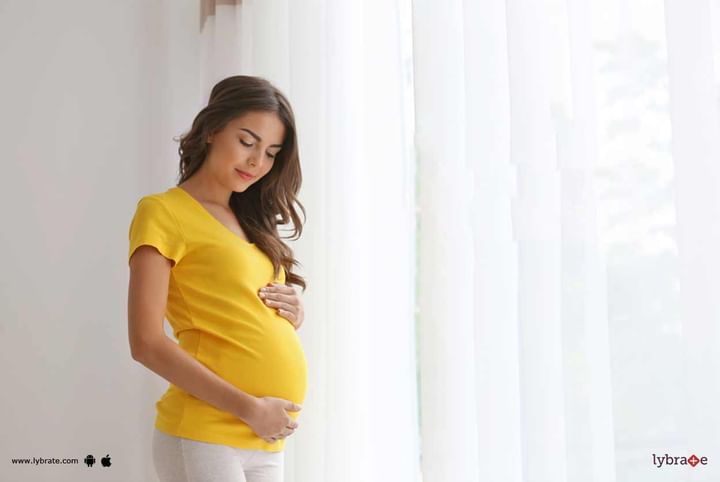The Risk Of Blood Clot In IVF Pregnancies!
IVF may have become a popular option for conceiving a child through the use of technology, but it has its own risks as well. One such risk is that, women who get pregnant by way of IVF, are at a higher risk of having blood clots and blockages in their arteries, than women who pregnant in a spontaneous manner. A new study, has been titled ‘Incidence of pulmonary and venous thromboembolism in pregnancies after IVF.
This is a cross sectional study and it has been published in the journal BMJ, got conducted by researchers of the Karolinska Institute in Sweden, who had examined data on the risk pulmonary embolism, referring to a sudden blockage in the artery of the lung and venous thromboembolism, referring to the blood clot in the vein. The data examination was done for 23498 women, who had got pregnant through IVF and 1,16,960 women, who happened to get pregnant via natural process. The average age of the women was 33 years and they all had given birth between 1990 and 2008.
The amount of risk involved for thromboembolism for pregnant women through IVF, was 4.2 in 1000, whereas the figure fell down to only 2.5 in 1000 for women who got pregnant in a natural manner. The researchers had found out that the risk was on the higher side during the first three months of pregnancy. Women who had got pregnant through IVF, was in the risk of pulmonary embolism, with figure beingn3 in 10,000 women, compared to only 0.4 in 10000 in case of pregnancies occurring in a spontaneous manner.
In Vitro Fertilisation is usually associated with increased risk of pulmonary embolism and venous thromboembolism during the first three months, The risk during pulmonary embolism is low in absolute terms but as the condition is a leading cause of maternal mortality and the critical aspect of diagnosis is clinical suspicion, having an awareness about this kind of risk is important.
The extent of risk did not have any difference for two groups of women prior to the stage of pregnancy and also a year after the delivery had taken place. There was no change in the results, when the researchers had made adjustments for maternal age, smoking, country at which the birth had taken place and education.
Director of the Robinson Institute at the University of Adelaide and a fertility specialist said that any woman, who goes through an operation, is at risk of clotting and deep vein thrombosis. He even went on to add that the ovaries of those women, which had got over stimulated by going through treatments of fertility were particularly susceptible towards getting blood clots.
So, any women becoming pregnant through IVF must contact their doctor as and when they experience any kind of symptoms of blood clots like pain in the legs, that too if anyone in the family has a history of clots.
Doctors do believe that constant vigilance is required to take care for the risk of blood clots in pregnancies through IVF but ultimate effect is a minimal one.
Women could be reassured that the risk of getting blood clots through pregnancies remains extremely low.



+1.svg)
